Ocasio-Cortez Calls Out Fox News Host For Trump Support
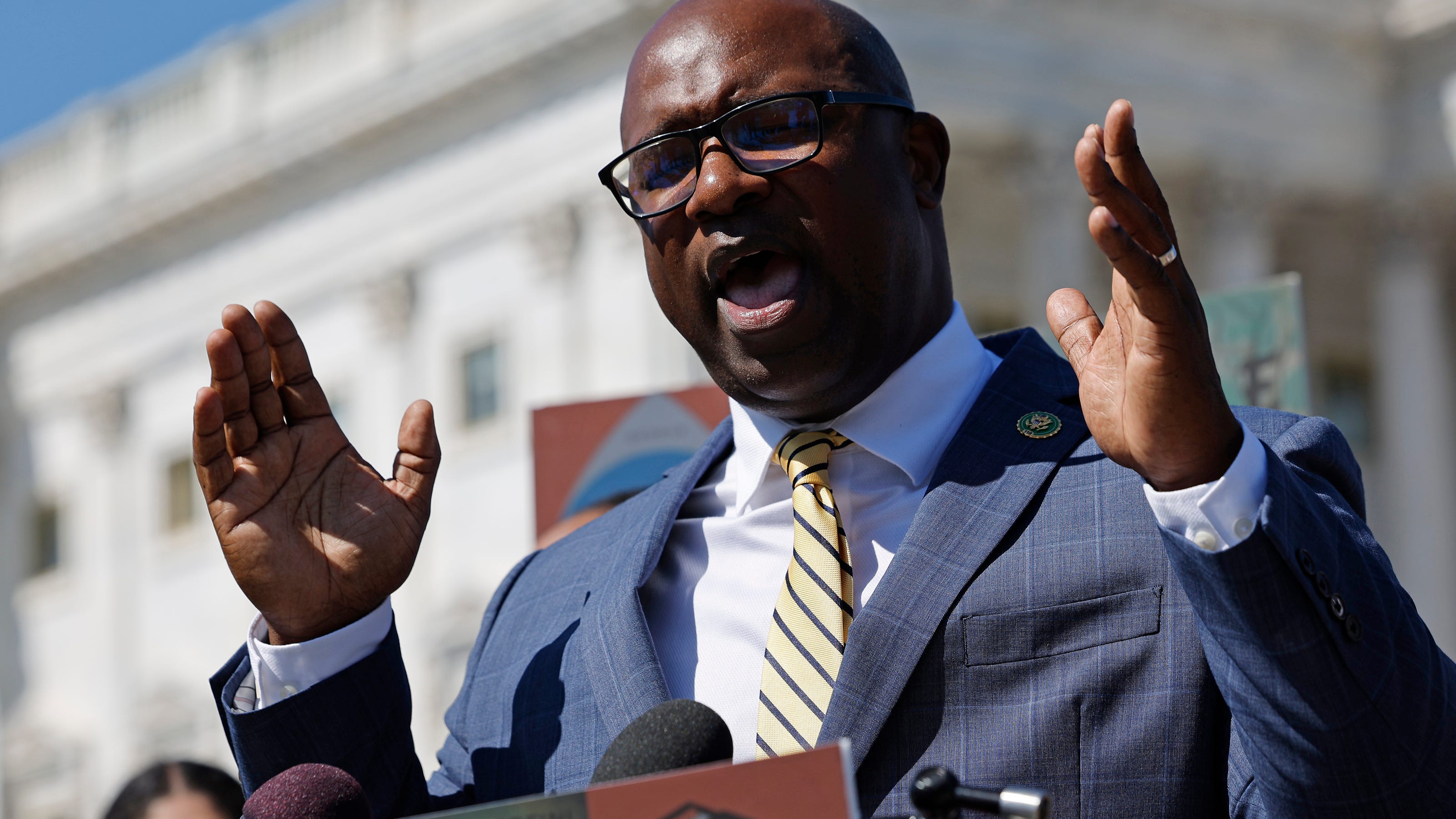
Table of Contents
AOC's Specific Accusations Against the Fox News Host
AOC's criticism was directed at Tucker Carlson, host of the popular Fox News show, "Tucker Carlson Tonight." The specific statements or actions that prompted AOC's rebuke stemmed from Carlson's repeated and enthusiastic endorsements of Donald Trump, often coupled with what AOC and many others perceive as the promotion of misinformation.
- Promoting misinformation about the 2020 election: AOC cited instances where Carlson's show presented unsubstantiated claims of widespread voter fraud, echoing Trump's repeated, and ultimately unfounded, allegations.
- Providing a platform for Trump's unsubstantiated claims: Carlson frequently interviewed Trump and other Republican figures who promoted conspiracy theories and baseless accusations, without significant pushback.
- Failing to challenge Trump's rhetoric: AOC argued that Carlson’s show consistently gave airtime to inflammatory statements and rhetoric from Trump and his allies, without providing sufficient context or counterpoints. This, she claimed, contributed to the spread of disinformation.
- Exhibiting clear bias in favor of the Republican party: The overall tone and content of Carlson's show, AOC contended, demonstrated a clear and consistent bias in favor of the Republican party and its agenda, neglecting alternative viewpoints.
The Broader Context: Media Bias and Political Polarization
This controversy highlights the increasingly complex relationship between media, politics, and public opinion. Media outlets, particularly those with a strong partisan lean, play a significant role in shaping public narratives and influencing voter behavior. Accusations of media bias, particularly against Fox News, are common and frequently fuel political debates. The Ocasio-Cortez-Carlson exchange reflects the growing polarization of American politics, where differing viewpoints are often presented as irreconcilable truths, rather than points within a broader spectrum of opinion.
- The impact of partisan media on voter behavior: Studies suggest that exposure to partisan media can reinforce existing beliefs and make individuals less likely to consider opposing viewpoints. This effect can contribute to political tribalism and the erosion of constructive dialogue.
- The role of social media in amplifying political divisions: Social media platforms have become potent amplifiers of political messaging, both positive and negative. The rapid spread of information, often without fact-checking, exacerbates polarization and can fuel misinformation campaigns.
- The importance of media literacy in navigating political information: In an era of abundant information, the ability to critically evaluate news sources and distinguish between fact and opinion is more crucial than ever. Developing media literacy skills is essential for navigating the complexities of political discourse.
Reactions and Responses to AOC's Criticism
Carlson and Fox News have not directly responded to AOC's criticism in a significant way, however, the network and Carlson's show have continued to focus on similar themes and narratives. The reaction from other political figures has been largely divided along partisan lines, with Republican commentators defending Carlson and criticizing AOC for what they perceived as an attack on free speech, while many Democrats supported AOC's stance and framed the argument as a necessary critique of misinformation. Social media saw a flurry of activity, with both fervent support for and condemnation of AOC's criticism trending across various platforms.
- Support for AOC's stance: Many liberals praised AOC for speaking out against what they considered a dangerous level of bias and misinformation on Fox News.
- Criticism of AOC's actions: Conservatives criticized AOC for what they viewed as an attempt to stifle free speech and silence opposing viewpoints.
- Neutral observations on the situation: Some commentators offered more balanced perspectives, noting the complexities of media bias and the challenges of navigating political discourse in a polarized environment.
The Implications of AOC's Actions
AOC's public criticism could have several implications. It may increase scrutiny of Fox News programming and potentially impact Carlson's career and reputation, particularly if advertising revenue declines due to negative public perception. More broadly, the controversy reignites discussions about media responsibility and the relationship between politicians and the news media. The long-term effects could include a further erosion of trust in both government institutions and news outlets, depending on how the public reacts and how media organizations respond to the heightened scrutiny.
- Increased scrutiny of Fox News programming: This controversy likely will lead to more intense examination of Fox News’ editorial practices and content.
- A renewed discussion about media responsibility: The clash compels a conversation about the ethical obligations of news organizations in a deeply polarized political climate.
- Shifting public perceptions of both AOC and the Fox News host: This event could shape public perceptions of both AOC and Carlson, influencing their future political and media careers.
Conclusion
Alexandria Ocasio-Cortez's public rebuke of a Fox News host for their support of Donald Trump underscores the deep political chasm in the United States and highlights the ongoing debate surrounding media bias and its influence on public opinion. The controversy serves as a reminder of the vital role of media literacy in navigating political information and the complexities of the relationship between politicians and the news media. The long-term consequences of this high-profile clash remain to be seen, but it has certainly added another layer to the complex relationship between political commentary, media bias, and the public's perception of truth.
Call to Action: Stay informed about the ongoing impact of this controversy and other instances of Ocasio-Cortez's political commentary. Follow reputable news sources and engage in critical thinking to form your own informed opinions on political issues. Understanding the nuances of Ocasio-Cortez's critiques of Fox News and other media outlets is crucial for navigating the complexities of the modern political landscape.

Featured Posts
-
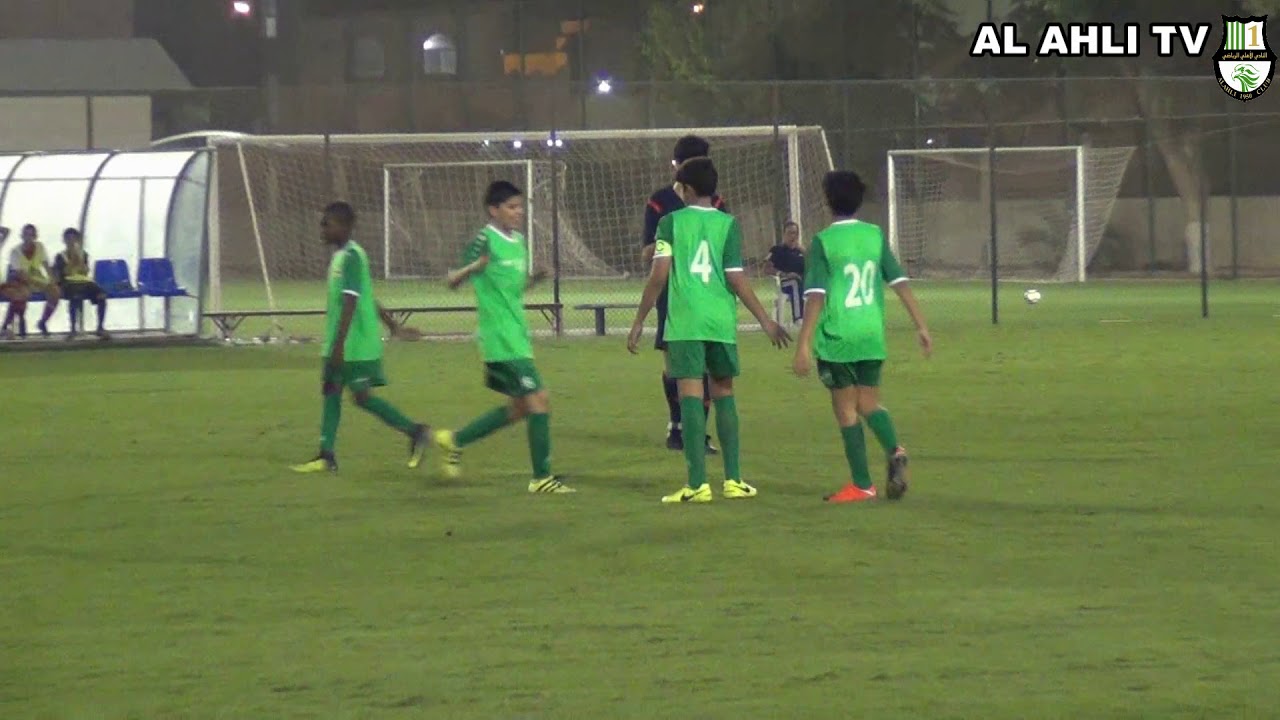 Mstwa Fyraty Me Alerby Alqtry Bed Rhylh En Alahly Almsry
May 10, 2025
Mstwa Fyraty Me Alerby Alqtry Bed Rhylh En Alahly Almsry
May 10, 2025 -
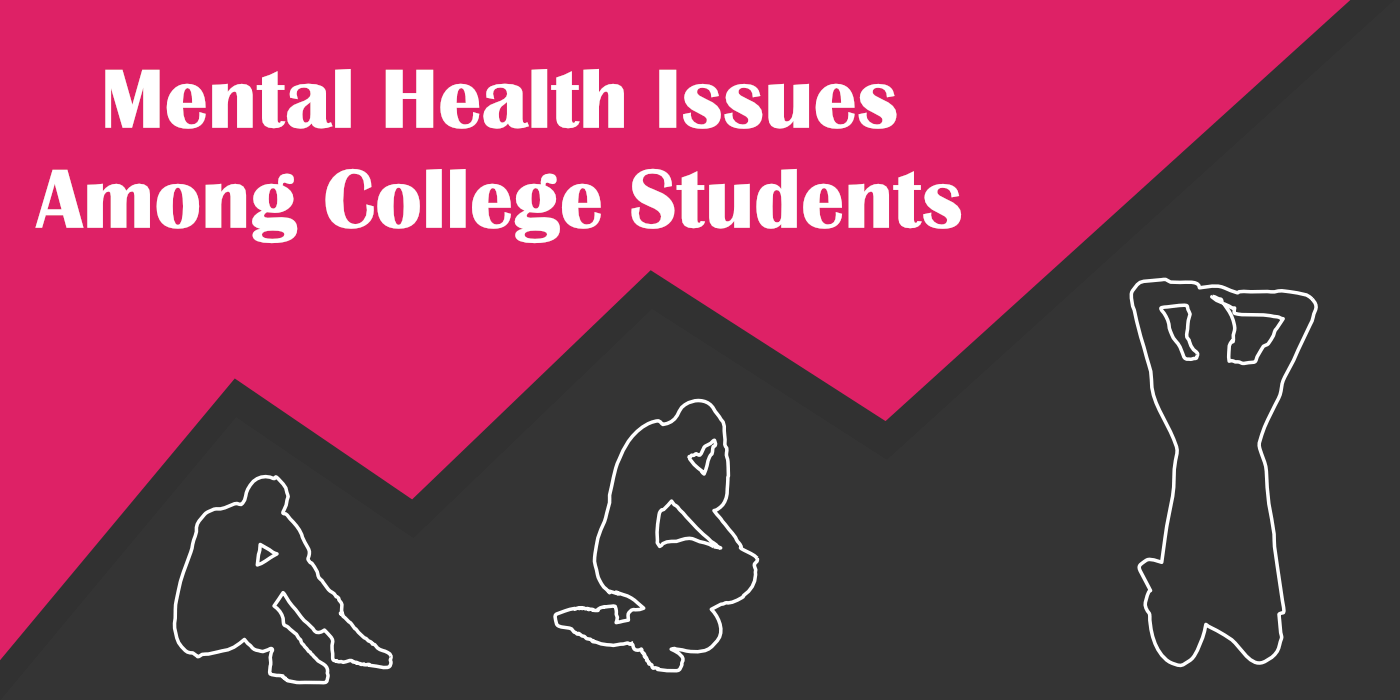 Academic Failure In Addressing Mental Illness And Violence
May 10, 2025
Academic Failure In Addressing Mental Illness And Violence
May 10, 2025 -
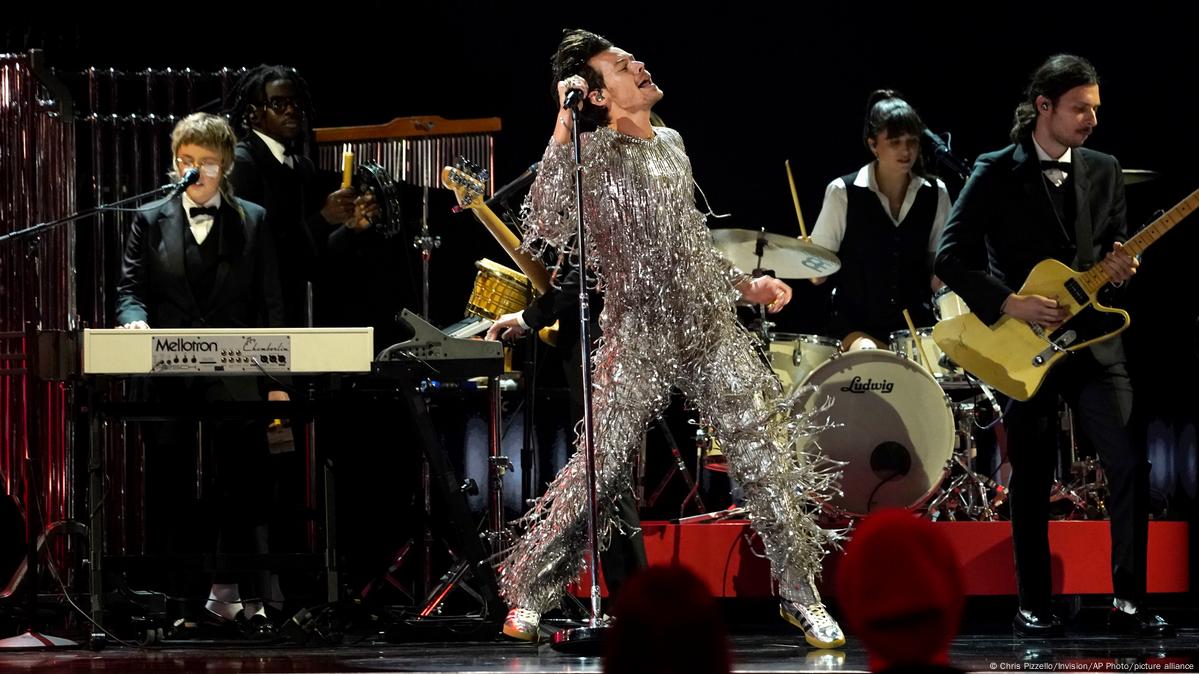 Snls Failed Harry Styles Impression His Response
May 10, 2025
Snls Failed Harry Styles Impression His Response
May 10, 2025 -
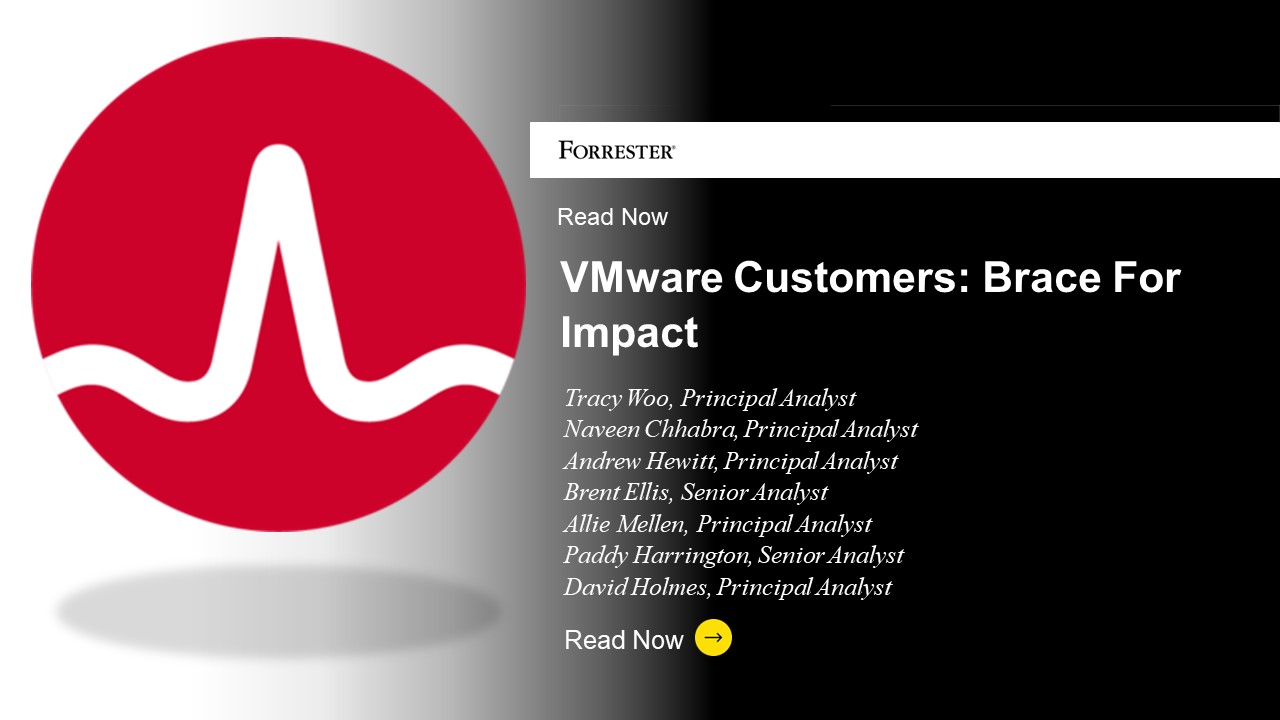 The Impact Of Broadcoms Extreme V Mware Price Hike At And Ts Perspective
May 10, 2025
The Impact Of Broadcoms Extreme V Mware Price Hike At And Ts Perspective
May 10, 2025 -
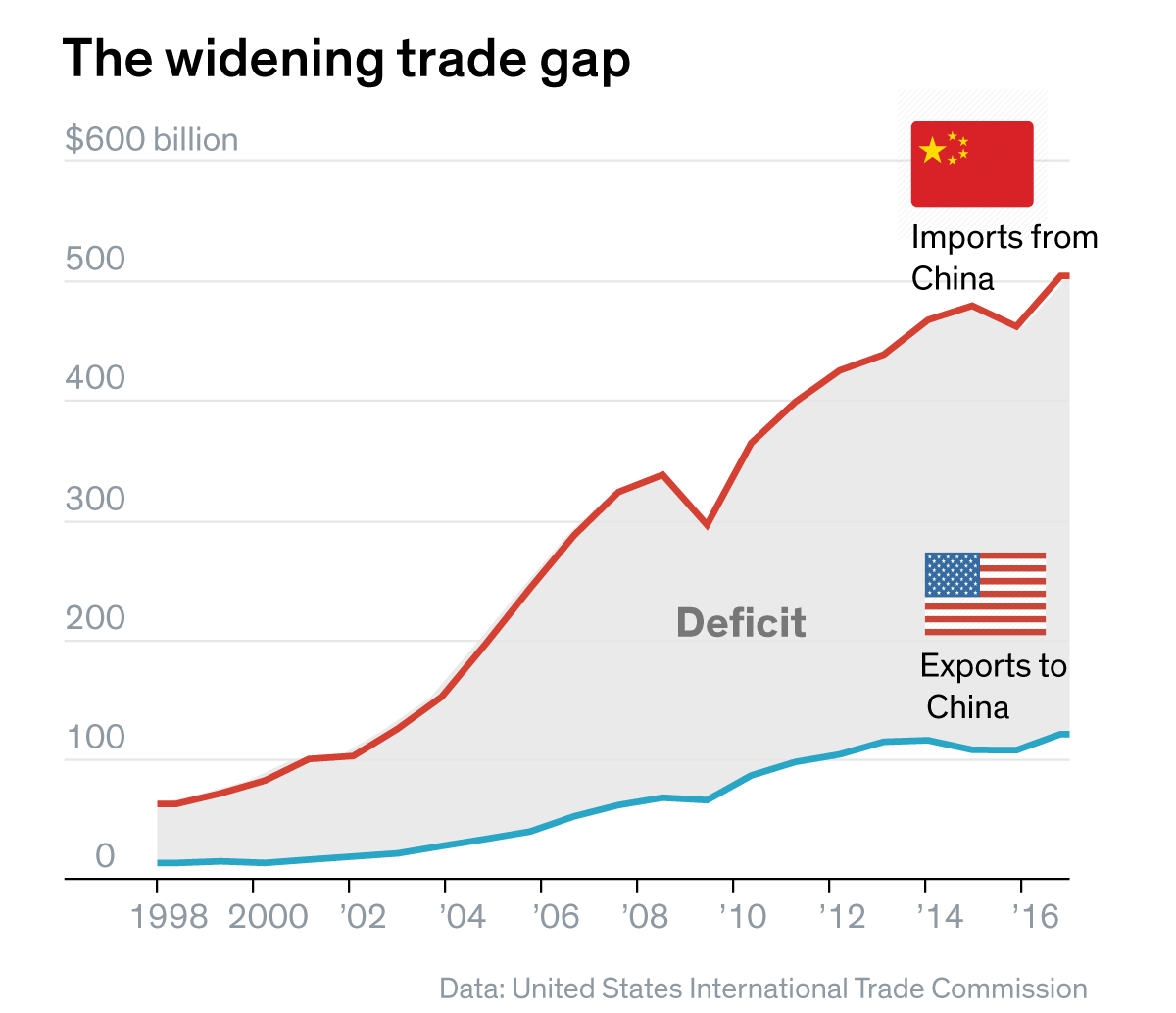 U S China Trade Talks Exclusive Look At Xis Security Envoys Role
May 10, 2025
U S China Trade Talks Exclusive Look At Xis Security Envoys Role
May 10, 2025
